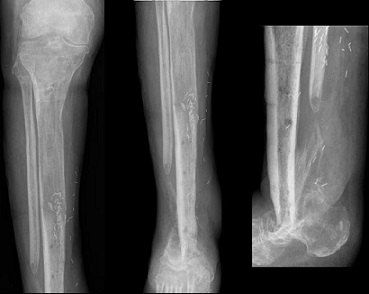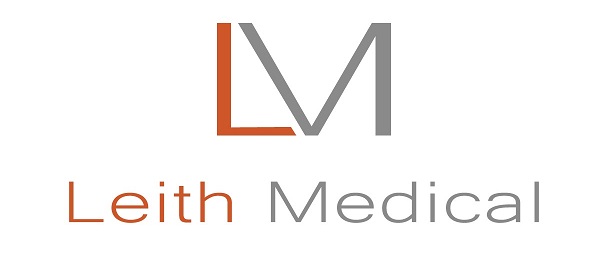Elizabeth Hofheinz, M.P.H., M.Ed.
A new supplement article in the March 1, 2021 edition of the Journal of Orthopaedic Trauma (“Real-World Evidence: A Primer”) is shedding light on the growth and utility of “real world data” (RWD).
Defining RWD was co-author Robert D. Zura M.D., Professor and Chair of Orthopaedics at the Louisiana State University Health Sciences Center in New Orleans. “Real world data is data from sources such as medical and billing records, registries, or from patients themselves (such as data collected from wearable devices) that pertain to a patient’s health or the care they received.”
“Real world evidence is the clinical evidence derived from analysis of this real-world data that evaluates the risk and benefits of a given medical product. Such evidence can be generated through a number of study designs or analyses, such as traditional randomized controlled trials (RCTs), or in our case, through a large-scale observational study.”
Case–control, cohort, and cross-sectional study designs have been some of the avenues for the use of RWD. Pragmatic clinical trials on the rise, say the authors, and propensity score statistical methods allows for an alternative to randomized trials using RWD.
But how?
Dr. Zura and his co-authors indicate that RWD is facilitated by predictive modeling, machine learning, and text mining. Regarding the newly available advanced statistical methods, they say, “These techniques are not limited to the same requirements as more traditional statistical methods and allow for the analysis of not only very large numbers of observations, but also very large numbers of variables.”
The use of machine learning in orthopedics has been around since 2005, say the authors, with another high-level technique within the realm being that of text mining such as natural language processing.
To date, RWD has been used for the following purposes:
- Safety Monitoring/Pharmacovigilance
- Quality Monitoring
- External Comparators (aka historic or synthetic controls)
- Broad Population Reach
- Improved Clinical Trial Efficiency
- Regulatory Approvals Hypothesis Generation and Predicate Free Analysis
- Policy and Reimbursement Decisions
Concerns remain
- Data Quality: Variety and Veracity—standardization of formats for data sets, protocols, and tools to ensure reproducibility, for example. The authors indicate that progress is steady, and that it includes FDA-level guidelines.
- Privacy—Naturally, there are concerns about the possibility of data breaches and the possibility of a third party using private information for their own gain. The authors have addressed this area in their current research through data de-identification; data encryption; and disclosures within the informed consent process.
- Transparency—the authors cite work suggesting that transparency- and accountability-focused data management policies may move the needle on compliance.
“The expanded acceptance of RWE to support regulatory decision-making ensures that its use will only continue to increase, particularly as researchers find ways to use RCT and RWE studies together to strengthen evidence to support the use of drugs and devices,” say the researchers.
Dr. Zura: “This work is being led by Bioventus, who is seeking to align one of its labeled indications for a product with its real-world use through a label expansion filing with the FDA. A traditional RCT was not pragmatic or feasible, so we looked into alternate ways to obtain clinical evidence to support our efforts.”
Looking forward, Dr. Zura told OSN: “We hope to broaden the medical community’s mind about clinical research. In this day and age, there is so much untapped data that exists and there are valid alternate means by which to conduct clinical research. RCTs are a great tool but are not the only way we can find answers to some of our pressing clinical issues.”








